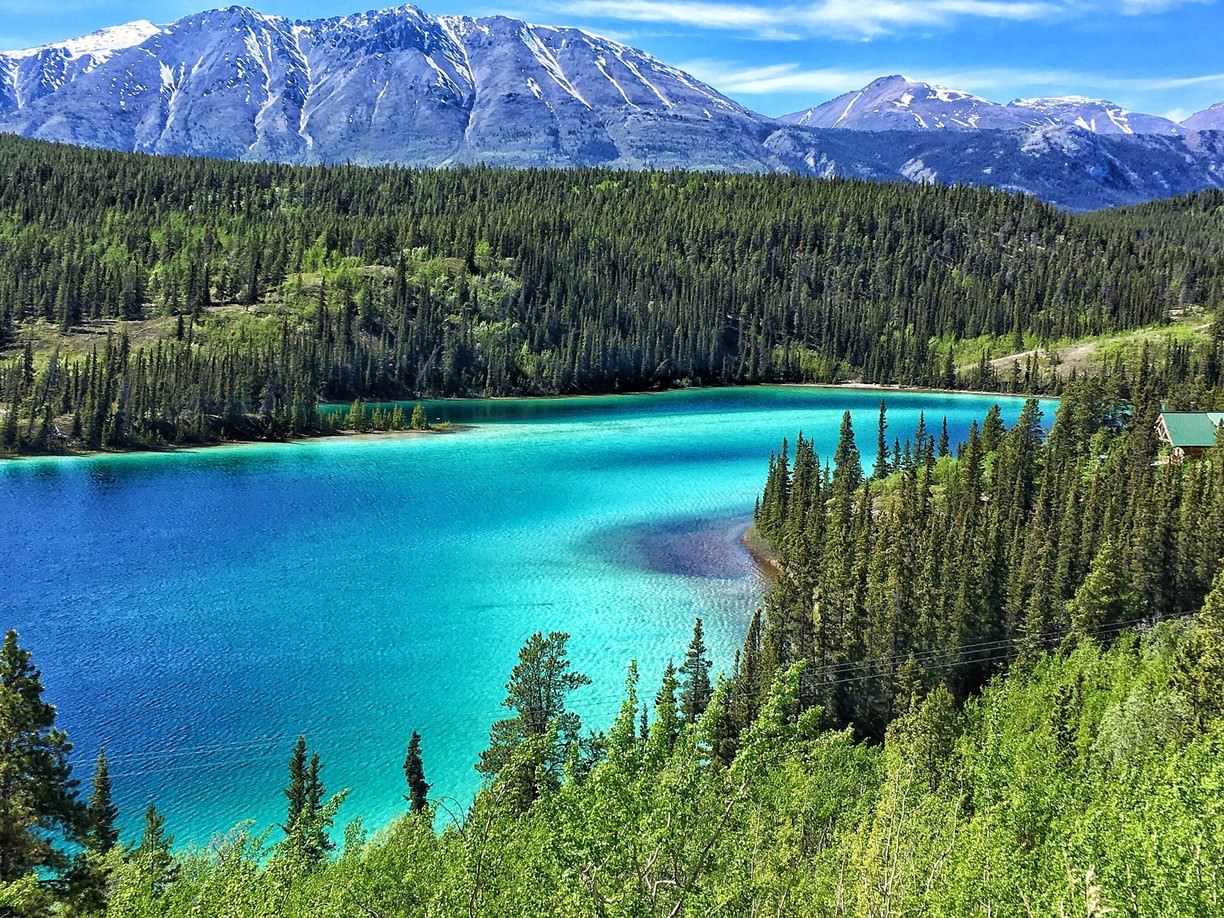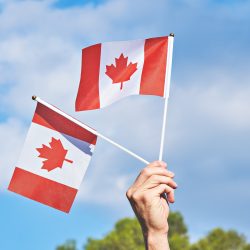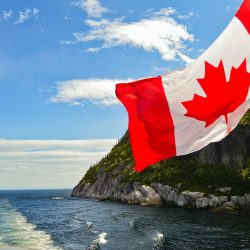
Yukon, (also referred to as the Yukon), s the smallest and westernmost of Canada’s three territories. It has the smallest population of any province or territory in Canada, with a population of roughly 36,000 people. Whitehorse, the territorial capital and Yukon’s only city, is the largest settlement in any of the three territories where about 75% of its residents live.
Yukon is a wonderful place to live with breathtaking wilderness, a wealth of opportunities, abundant natural resources and friendly welcoming people.
What Living in Yukon is Like for Newcomers
Immigration in Yukon
With a small population, Yukon is not a major recipient of new immigrants. However, much in the way that many newcomers arrived during the Klondike gold rush, immigrants continue to arrive in the province to take advantage of economic opportunities, particularly in mining. The current territory of Yukon, like the rest of Canada, has been shaped strongly by the contributions of immigrants to the territory.
Immigration to Yukon today is mainly to the capital city of Whitehorse. To attract immigrants that can contribute to the territory’s economic development, Yukon has a Provincial Nomination Program which can help immigrants who wish to settle in here to get to Canada faster.
Standard of Living
The cost of living in Whitehorse is generally higher than in southern Canadian communities. It is lower on average, however, than the cost of living elsewhere in the Yukon or in communities in many parts of northern Canada. Average family yearly income in the Yukon exceeds $94,000, making it possible to maintain a high standard of living that matches other areas of Canada.
A major portion of work in the Yukon is done on a seasonal basis, and standard weekly earnings exceed the Canadian average. In addition, the Yukon has no territorial sales tax. The minimum wage is currently $10.86/hr.
Economy
The economy of the Yukon is based heavily on its rich natural resources. Mining is the Yukon’s largest industry with lead, zinc, silver, gold, and copper being the principal minerals.
Business and administrative occupations make up the community’s second-largest employment field after natural resources. In addition, government is a major source of economic activity in the capital city of Whitehorse, accounting for a significant portion of total employment. The economy of the Yukon has been gradually diversifying, and tourism now provides a sizeable portion of Yukon jobs and services. Unemployment in Whitehorse currently sits at roughly 7%, but varies seasonally.
Health Care
Under Canadian Law, all provinces and territories must provide universal, publicly funded health care to all citizens and legal residents of Canada. In other words, most basic health services in Canada are offered at no direct cost to the patient. Certain procedures that are not deemed necessary (such as elective cosmetic surgery and a number of dental care procedures, for example) are generally not covered, but the list of services paid for publicly varies from province to province.
Education
Throughout Canada, all citizens and permanent residents under the age of 20 are entitled to an education through to the end of secondary school provided by the government free of cost. The Yukon territory provides a comprehensive public education program from kindergarten through to grade 12. In addition, the public school system has extensive apprenticeship and co-operative education programs to build work skills in youth. The Yukon Territory’s schools follow the curriculum developed by the neighbouring province of British Columbia.
The Yukon has one Post Secondary institution, Yukon College, which is located in Whitehorse. It offers university credit programs in arts, sciences, and northern studies, as well as programs in renewable resource management and environmental officer training.
Trades programs are available for apprentice-level and pre-employment training. Computer studies, business administration, office administration, tourism and culinary arts are available. Yukon College is also a member of the University of the Arctic, an international network of higher-education institutions around the North Pole region.
Common Questions About Yukon for Immigrants
Why is Yukon a good destination for immigrants?
Immigrants who select the Yukon as their destination can expect to enjoy an active, but also peaceful lifestyle with many cultural events all year long. The Yukon has a diverse population with 25 percent being of First Nations (Indigenous) descent, home to an active Francophone community as well as many ethnic and cultural groups. The Yukon is well known for being a warm, inclusive community, with a host of volunteers who are eager to assist newcomers.
How large is the immigrant population in Yukon?
The Yukon’s total population is 38,293, of which about 11 percent are immigrants. Some of the most common countries of origins among the immigrants were the United Kingdom, the Philippines, and the United States.
What are the sectors and professions that immigrants can explore in Yukon?
According to the Yukon Bureau of Statistics, the top three industries in the Yukon in 2011 were public administration, retail, trade, and construction.
Industries with high percentages of wage-earners included public administration, utilities, wholesale trade, educational services, and transportation and warehousing.
What are some support services and programs available for immigrants in Yukon?
The Multicultural Centre of the Yukon is one of the main agencies that welcomes immigrants to the region. There are services to assist in the settlement and integration of immigrants and refugees into the social, economic, cultural, and political life of their community. They offer assistance and programs in the areas of settlement services, language instruction, employment services, and community networking.
Are You Interested in Immigrating to Yukon?
If so, Contact VisaPlace today. All our cases are handled by competent and experienced immigration professionals who are affiliated with VisaPlace. These professionals consist of lawyers, licensed paralegals, and consultants who work for VisaPlace Legal an award-winning immigration firm that adheres to the highest standards of client service.
Ready for the next step? Book your 1 on 1 consultation now or call us at 1-877-296-0874.
Have a Question related to your Immigration Needs?
Click here to fill out the FREE Immigration Assessment form below and get a response within 24 hours to see if you’re eligible.






